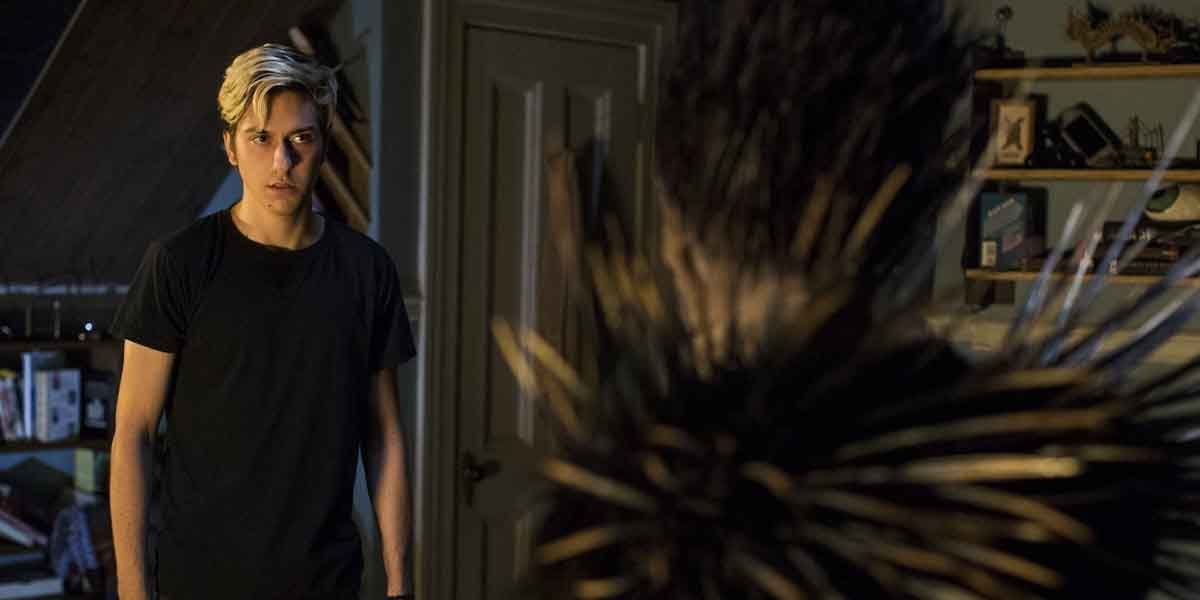Following in the wake of Ghost in the Shell, Netflix's Death Note is only the latest American adaptation of a manga or anime to be accused of "white-washing" because of the change in location to the United States, and its predominantly non-Japanese cast. Addressing the criticism, director Adam Wingard opened up about moving the film's setting, explaining the impact that the new setting will have on the overall story.
RELATED: Death Note Director Defends Moving Film’s Setting to U.S.
"In the early stages of the film I was rereading all of the manga, really just looking at how does any of this translate to the United States," Wingard told IGN. "Ultimately, Death Note is such a Japanese thing. You can't just say let's port this over and it's going to all add up. They're two different worlds completely. Ultimately, whenever I say it’s about America, I’m looking at it like, what are the main kind of core issues going on in America. What are the things that people chalk up to conspiracy theories? What kind of weird underground programs does the government have? How do those work in the world of Death Note?"
Debuting in 2003, Tsugumi Ohba and Takeshi Obata’s manga Death Note tells the story of high school student Light Yagami, who finds a supernatural notebook that allows the owner to kill anyone simply by writing their name in its pages. He sets out to cleanse the world of evil, which puts him on a collision course with the enigmatic detective L. In the Netflix iteration, Light's last name has been changed to Turner, and the story -- which originally took place in Tokyo -- has been switched out in favor of Seattle, Washington.
RELATED: Death Note: Ryuk Rises in Controversial Adaptation’s First Trailer
Elaborating specifically on why making a completely faithful adaptation gelling with what he had in mind for the project, Wingard continued, "It’s one of those things where the harder I tried to stay 100 percent true to the source material, the more it just kind of fell apart… You’re in a different country, you’re in a different kind of environment, and you’re trying to also summarize a sprawling series into a two-hour-long film. For me, it became about what do these themes mean to modern day America, and how does that affect how we tell the story. Ultimately, the cat and mouse chase between Light and L, the themes of good, evil, and what’s in between the gray area. Those are the core things of Death Note, and that’s really what we went for."
Arriving Aug. 25 on Netflix, Death Note stars Nat Wolff as Light Turner, Margaret Qualley as Mia Sutton, Keith Stanfield as L, Paul Nakauchi as Watari, Shea Whigham as James Turner and Willem Dafoe as Ryuk.

